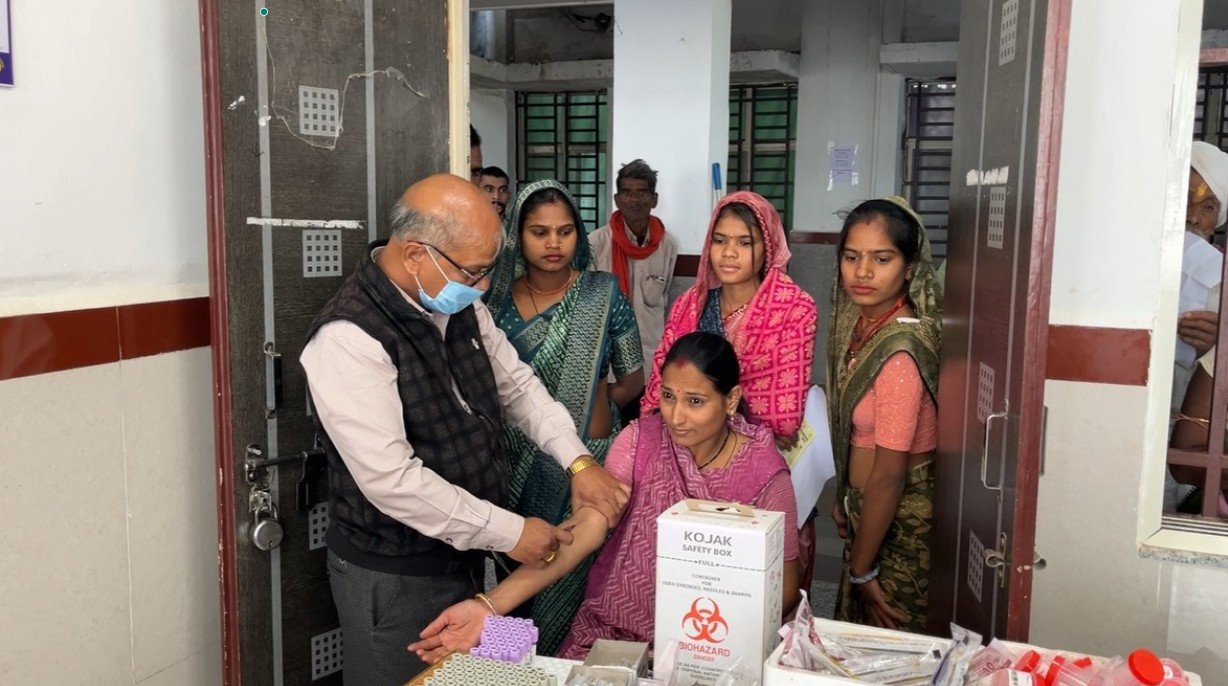
Heart disease is no longer an “old‑age” problem. In fact, a new study shows many adults’ heart health begins to drop long before they’re even old enough to vote. And most young people don’t even notice the warning signs.
The figures are alarming. In the United States, one person dies from a cardiovascular event every 34 seconds. Rates of heart disease among adults under 40 have more than doubled since 2010, and in some areas the rise is even steeper. By the time people reach 17, their heart‑health scores—based on diet, exercise, blood pressure and weight—are already slipping.
Obesity is a major driver. Roughly one in five children and teens, about 14.7 million people, live with excessive weight. Extra pounds put extra strain on the heart, narrow arteries and can even disturb heart rhythm. Research indicates that gaining weight early in life is worse for heart health than becoming obese later on.
Other risk factors are piling up. Less than 5 % of U.S. children have ideal cardiovascular health, according to Dr. David Jacobs, a public‑health professor at the University of Minnesota. In high school, only about 25 % of students get the recommended 60 minutes of daily exercise, leaving many without the heart‑boosting benefits of physical activity. Nicotine use has also jumped—21 % of people aged 18–23 in 2002 were smoking or vaping, compared with 43 % in 2018.
The good news is that many of these habits can change. The American Heart Association (AHA) offers clear guidance:
* Quit smoking or vaping.
* Reduce alcohol.
* Fill your plate with nutrient‑rich foods.
* Aim for 150 minutes of moderate exercise a week—think brisk walking, cycling or swimming.
* Get 7–9 hours of sleep every night.
* If you have diabetes, keep regular check‑ups to control blood sugar.
* Anyone over 20 should have cholesterol checked every 4–6 years.
Dr. Mingsum Lee, a cardiologist at Kaiser Permanente, says a single healthy choice can spark a chain reaction: “Exercise can reduce cravings for cigarettes, improve sleep and lift mood—all of which help the heart.” She stresses that spotting and correcting risk factors early is the first step toward lasting cardiovascular health.
So get moving, ditch the smoke, and watch your diet. Small changes now can add up to a stronger heart and a longer, healthier life.
Source: New York Post
Stay informed on all the latest news, real-time breaking news updates, and follow all the important headlines in world News on Latest NewsX. Follow us on social media Facebook, Twitter(X), Gettr and subscribe our Youtube Channel.














